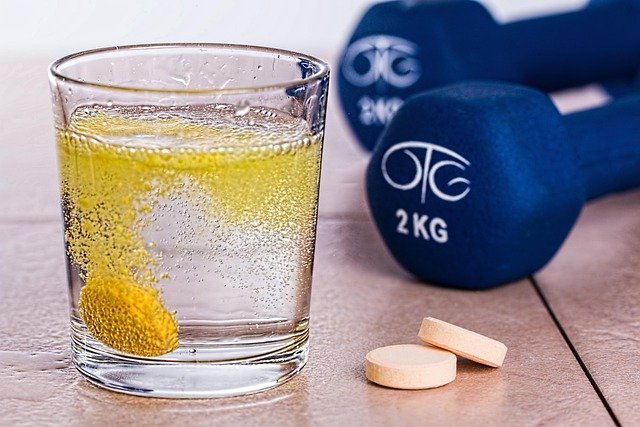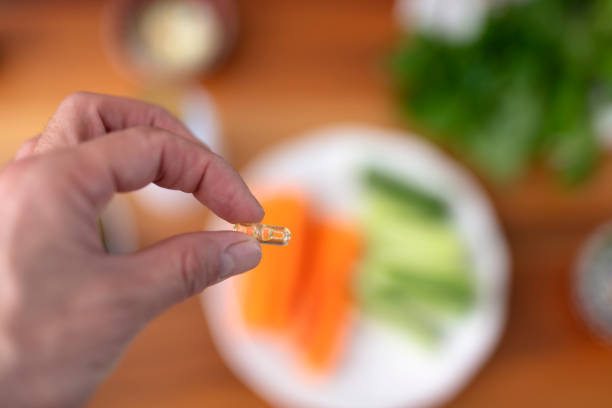Anti-inflammatory foods that aid recovery and improve skin clarity
This article explores how anti-inflammatory foods can support physical recovery and clearer skin. It summarizes key nutrients, practical food choices, and lifestyle pairings that help reduce inflammation while supporting collagen, antioxidants, hydration, and movement for improved wellness and resilience.

Anti-inflammatory foods can reduce the biochemical stress that slows muscle recovery and contributes to skin irritation. By choosing nutrient-dense ingredients that supply antioxidants, essential fatty acids, and amino acids, you can support tissue repair, collagen synthesis, and clearer skin while complementing exercise, sleep, and hydration habits. This article outlines food sources and simple strategies to integrate them into daily meals for balanced recovery and skin health.
This article is for informational purposes only and should not be considered medical advice. Please consult a qualified healthcare professional for personalized guidance and treatment.
Nutrition and antioxidants
A diet rich in antioxidants and anti-inflammatory compounds helps neutralize free radicals produced during exercise and environmental exposure that can damage skin and slow recovery. Focus on colorful fruits and vegetables such as berries, cherries, leafy greens, and cruciferous vegetables, which provide vitamins C and E, polyphenols, and carotenoids. Nuts and seeds supply vitamin E and selenium, while spices like turmeric and ginger contain bioactive compounds that modulate inflammation. These foods support skin clarity by protecting collagen and cellular structure and aid recovery by reducing oxidative stress after physical activity.
Foods that support collagen and skin
Collagen production depends on adequate protein, vitamin C, zinc, and certain amino acids. Include lean proteins like fish, poultry, legumes, and eggs to supply the building blocks for tissue repair and strength. Citrus fruits, bell peppers, and strawberries are good vitamin C sources that assist collagen synthesis. Bone broth and gelatin-containing foods offer dietary collagen peptides that some studies associate with improved skin elasticity, while zinc-rich foods—such as pumpkin seeds and oysters—support wound healing and skin integrity. Combining these foods with antioxidant-rich choices helps maintain skin clarity and resilience.
Hydration, sleep, and recovery
Hydration and restorative sleep are essential partners to nutrition for effective recovery and skin health. Water supports nutrient transport and skin turgor, while electrolytes from foods like bananas, leafy greens, and fermented beverages help maintain fluid balance during intense activity. Quality sleep is when much of tissue repair and collagen remodeling occur; prioritizing sleep alongside anti-inflammatory meals amplifies recovery benefits. Avoiding excessive alcohol and refined sugars also reduces inflammatory load that can impair both sleep quality and skin clarity.
Exercise: strength, flexibility, endurance
Physical activity influences inflammation in two ways: acute exercise-induced inflammation is part of adaptation, while chronic low-grade inflammation can hinder recovery. Pairing a diet of anti-inflammatory foods with a program that includes strength training, flexibility work, and endurance conditioning supports muscular repair and long-term mobility. Post-exercise meals that combine protein with antioxidant-rich carbohydrates—such as yogurt with berries or a salmon and quinoa bowl—help replenish glycogen, provide amino acids for rebuilding, and supply antioxidants to moderate oxidative stress.
Mobility, posture, and functional recovery
Anti-inflammatory nutrition supports functional movement outcomes like better mobility and posture by aiding tissue repair and reducing pain associated with inflammation. Omega-3–rich foods such as fatty fish, walnuts, and flaxseed can help regulate inflammatory pathways that affect joint comfort and range of motion. Pair these dietary choices with targeted mobility routines, corrective exercises for posture, and gradual strength progression to reduce compensatory patterns and improve long-term function. Consistency in both nutrition and movement is key to sustained recovery.
Mindfulness and holistic wellness
Stress management and mindfulness practices influence inflammation and skin health through hormonal and nervous-system pathways. Chronic stress increases cortisol, which can impair recovery, reduce collagen synthesis, and exacerbate skin conditions. Incorporate breathing exercises, meditation, or gentle movement modalities like yoga to lower stress responses. Combining these practices with balanced nutrition, adequate hydration, and structured exercise creates a holistic framework for improved skin clarity, better recovery, and overall wellness.
In summary, choosing anti-inflammatory foods—rich in antioxidants, omega-3s, vitamins, and quality protein—supports both physical recovery and clearer skin when paired with hydration, sleep, targeted exercise, and stress management. Integrating these elements into daily routines promotes stronger tissues, improved mobility and posture, and a balanced foundation for ongoing wellness.





